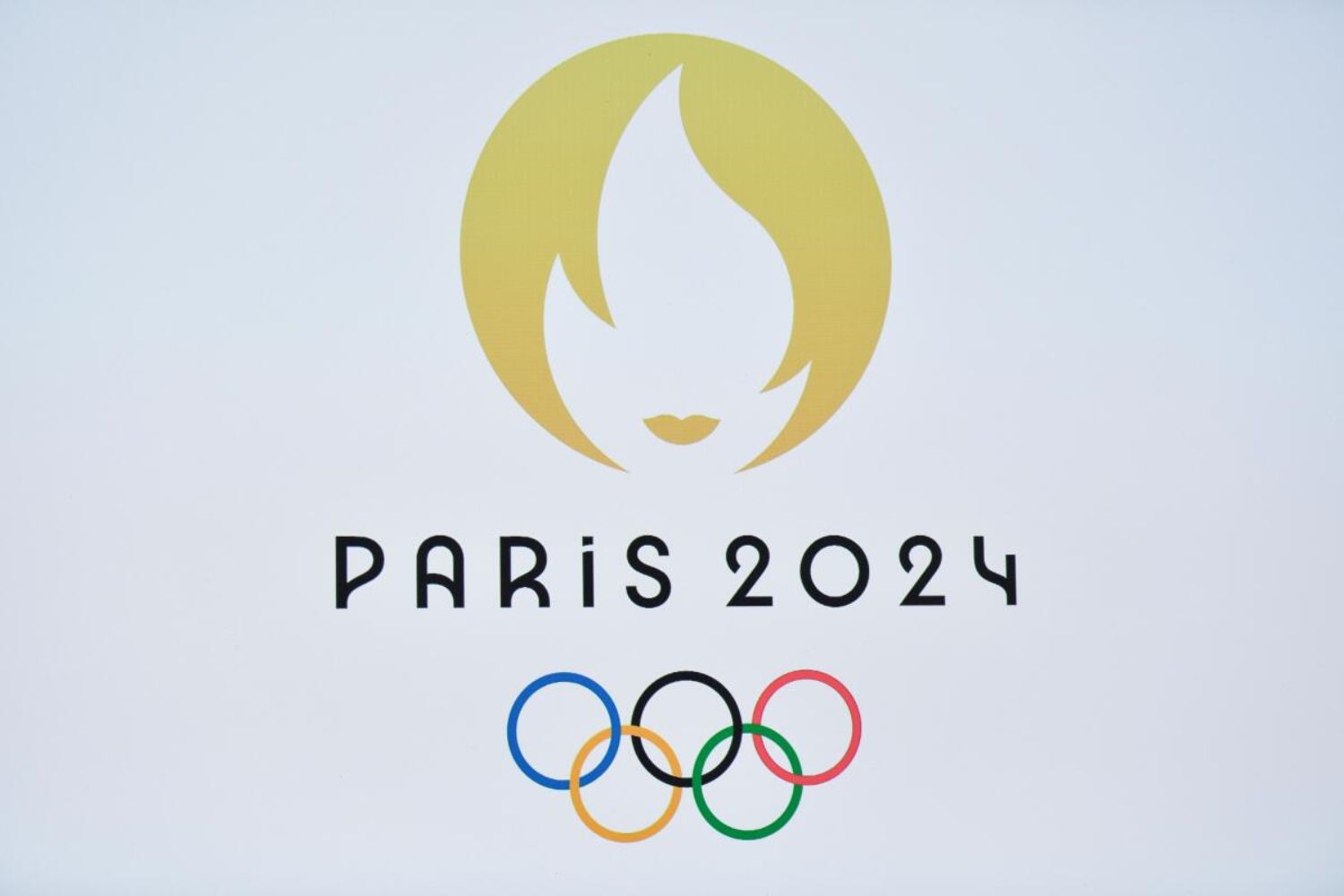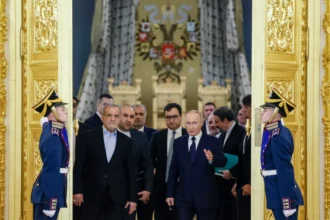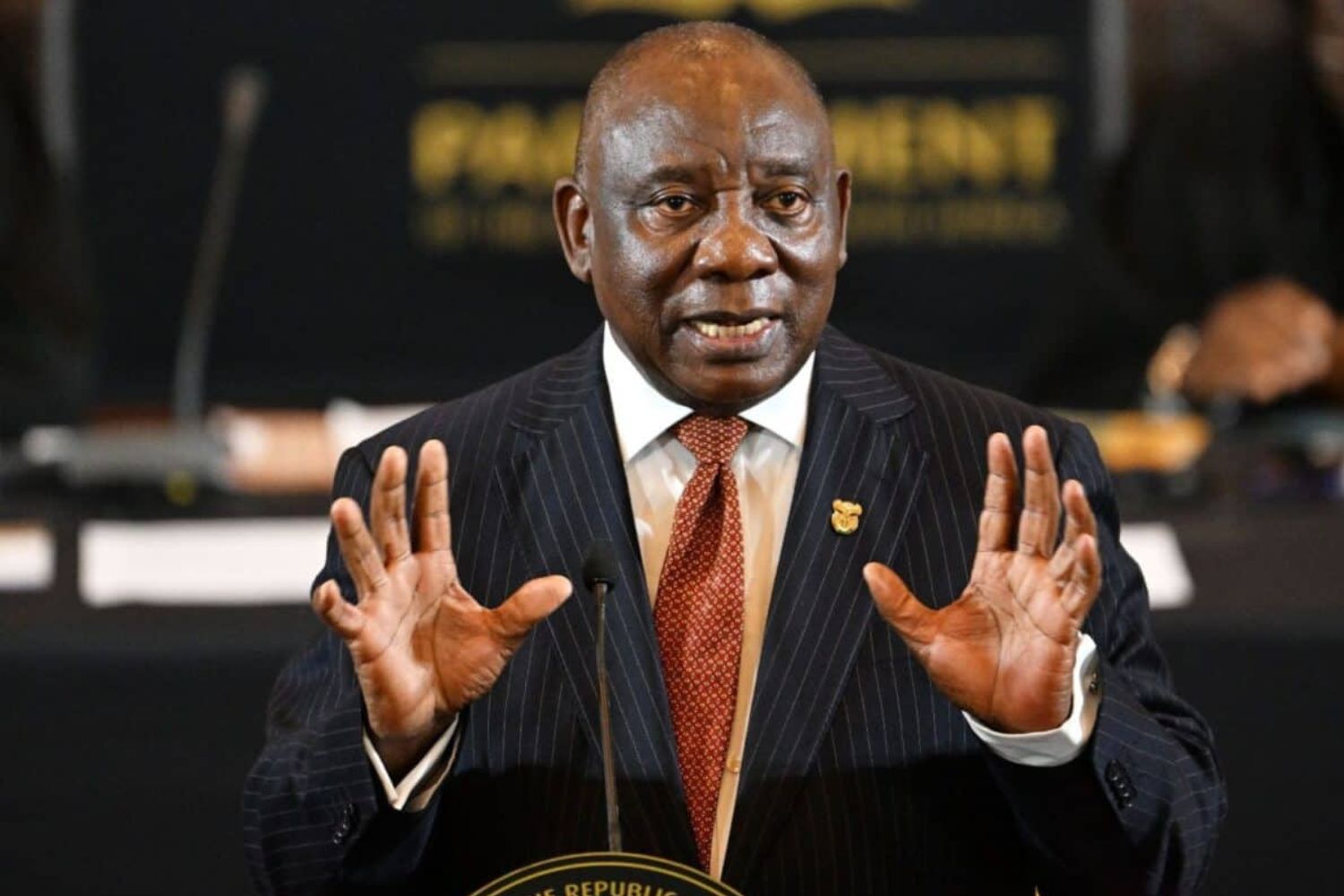As the world gears up for the 2024 Paris Olympics, a new focus is emerging beyond the thrilling athletic performances and vibrant cultural showcases. The Paris Olympics will be leveraging Chinese internet firm Alibaba Group Holding’s Artificial Intelligence (AI) powered energy saving tool to cut venue emissions which will set a new standard for future international sporting events. The emphasis this year is on sustainability and environmental responsibility, with a commitment to making the Games the greenest in history.
The global urgency to address climate change has never been more pressing. With increasing awareness of the environmental impact of large-scale events, the International Olympic Committee (IOC) has been striving to incorporate sustainable practices into the planning and execution of the Games. The 2024 Paris Olympics is seen as a pivotal moment to demonstrate how technology can aid in this mission. Chinese internet firm Alibaba Group Holding has long been committed to sustainability.
Its innovative solutions in cloud computing and AI are now being applied to address environmental challenges. For the Paris Olympics, Alibaba’s AI-powered energy-saving tool is poised to play a crucial role in reducing the carbon footprint of the event’s 35 venues across Paris from July 26 to 11th of August 2024. The AI powered tools will utilize advanced machine learning algorithms to optimize energy consumption across multiple dimensions. The tool continuously monitors and analyzes data from various sources within the venues, such as lighting, heating, ventilation, and air conditioning (HVAC) systems.
By learning the patterns of energy use and predicting future consumption, the AI system can make real-time adjustments to improve efficiency. Alibaba will also analyse historical data from previous Games, including London 2012, Pyeongchang 2018 and Tokyo 2020, to offer more comprehensive analysis of energy-consumption trends and enable better power consumption planning for future Games. One of the key features of this tool is its ability to integrate with the existing infrastructure of the Olympic venues.
This means that without requiring extensive modifications, the AI can seamlessly optimize energy usage, leading to substantial reductions in emissions. For instance, the system can dim lights during periods of low activity or adjust the HVAC settings based on occupancy levels and external weather conditions. A significant advantage of Alibaba’s AI-powered tool is its use of real-time data and predictive analytics. By continuously collecting data from sensors and other monitoring devices, the AI system can quickly identify inefficiencies and potential areas for improvement.
ALSO READ: Brazil seeks Saudi investment in energy sector to boost renewable resources
Predictive analytics allow the tool to anticipate energy needs and adjust settings proactively, rather than reacting to changes after they occur. The implementation of Alibaba’s AI-powered energy-saving tool is expected to have a profound impact on reducing carbon emissions associated with the Paris Olympics. According to preliminary estimates, the tool could cut energy consumption by up to 30% compared to traditional management systems. This reduction translates to a significant decrease in greenhouse gas emissions, contributing to the overall sustainability goals of the event.
At the Olympic Games electricity consumption is a large contributor to carbon emissions. The success of this initiative will also set a precedent for future Olympic Games and other large-scale events. By demonstrating the effectiveness of AI in managing energy consumption, the Paris Olympics can inspire other organizers to adopt similar technologies, leading to widespread environmental benefits. While the AI-powered energy-saving tool plays a critical role in reducing emissions at the venues, the sustainability efforts of the Paris Olympics extend beyond energy management.
The organisers have implemented a range of measures to promote environmental responsibility throughout the event. Another one of the key initiatives is the use of sustainable materials and construction practices. Many of the Olympic venues have been built or renovated using recycled and locally sourced materials. Additionally, temporary structures have been designed to be easily dismantled and repurposed, reducing waste and minimizing the environmental impact of construction.
The Paris Olympics aims to promote the use of public transportation, cycling, and walking to reduce traffic congestion and emissions. Arrangements have been made to ensure efficient and sustainable transport for athletes, officials, and spectators, including the use of electric and hybrid vehicles. The Paris Olympics also aims to engage the community and raise awareness about the importance of sustainability.
Educational programs and initiatives have been launched to encourage local residents and visitors to adopt eco-friendly practices. From waste reduction and recycling campaigns to promoting sustainable food choices, the Games serve as a platform to inspire positive environmental actions. The legacy of the 2024 Paris Olympics will be defined not only by the athletic achievements and memorable moments but also by its contribution to sustainability. The 2024 Paris Olympics represent a significant step forward in the quest for sustainable practices in large-scale events.
ALSO READ: Chinese premier Li Qiang urges nations to bridge the gap with artificial intelligence













